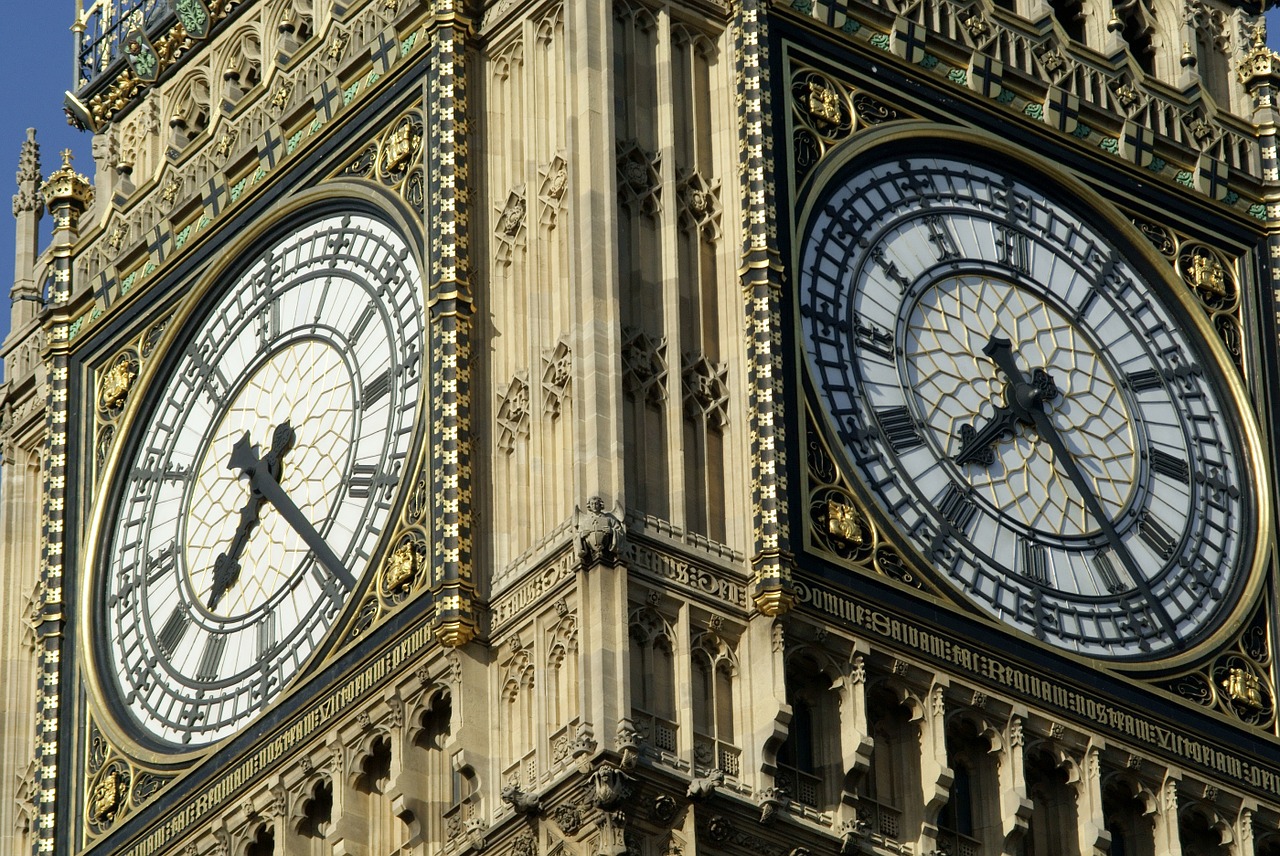
The Proposed Espionage Act
Despite the high profile concerns about freedom of the press in America, we don’t seem to take notice when other countries’ laws on speech are up for review. This week, the Law Commission announced their proposals to update the Official Secrets Act. Given the majority of this law was passed in 1911, it seems right that the law is revisited for a digital world, and even insane that it hasn’t been done already.
However, with anything like this, there is real complexity. Compromises and trade-offs will have to be made, particularly when it comes to national security and freedom of speech. Given the report is asking for consultation from the public, this is the time to make sure your voice is heard when they construct this policy.
Given it’s a critical law, I was surprised to find very few articles that offer analysis. There have been reactions on Reddit, however, these seem to be responses direct to the headline as opposed to a deep investigation into the report. Wikileaks, rather vainly, dubbed the new proposals the new ‘Wikileaks Act’ and said it would: “ban national security journalism. criminalizing even foreign reporting” – though I’m not convinced this is a justified statement either. Some international Wikileaks supporters spoke about offering their own consultation to the Commission, because the UK seems to be so apathetic about it.
Here are the basic tenants of the proposals – so do make up your own mind.
The announcement

Reforms to the Official Secrets Act are ‘once in a century opportunity’ to modernise anti-spying laws
“Protecting official data is important because public servants often have access to information that is vital to Britain’s economic and national security.
That’s why in 2015 the Cabinet Office, on behalf of the Government, asked the Law Commission to review the laws that protect official information to make sure that our security was fit for the 21st century.
The Law Commission is independent and we make suggestions based upon evidence. We believe that this independence is crucial to ensuring public confidence in our conclusions.”
Read Law Commissioner David Ormerod’s statement in The Telegraph

Overhauling the Official Secrets Act – the Law Commission’s proposals
- Civil servants who leak files of state secrets could be jailed for up to 14 years. Currently the maximum term is two years, under the Official Secrets Act 1989
- Official secrets legislation to be expanded to cover “information that affects the economic well-being of the United Kingdom in so far as it relates to national security”
- Foreigners who leak classified information overseas that damages British national security could be prosecuted in the UK for the first time
- Dropping the use of the word “enemy” to describe foreign powers which are hostile to the UK to allow prosecutions for leaking of information to terrorist groups
- “Anachronistic” jargon to describe secrets in law like “sketches”, “plans”, “models”, “passwords” and “code words” to be replaced with the more generic “information”
- The Official Secrets Acts 1911, 1920 and 1939 to be replaced with a modernised Espionage Act
- The Official Secrets Act 1989 to be replaced with a data disclosure law amid concerns that it is “archaic” and has failed to keep pace with advances in technology
- Prosecutors no longer to have to prove damage to national security to secure a conviction for disclosure of classified information
- Spies and civil servants to be allowed “to seek authority” to release confidential information
- An offence is committed if the defendant “knew or had reasonable grounds to believe his or her conduct was capable of benefitting a foreign power”
Other reactions

UK’s Official Secrets Acts overhaul provides little protection for whistleblowers
“The proposals would also make it possible to prosecute offenders who “knew or had reasonable cause to believe” that the information they disclosed could damage national security interests, where before it was necessary to prove that the leaks had caused damage in order to prosecute.
This means that whistleblowers who leak official information could be prosecuted and jailed regardless of whether any damage to national interests was actually caused, and without regard for the public merit of the information they revealed.
[However] “Whistleblowers are the last line of defence when it comes to corruption, and we should treat them as part of the solution, not the problem. It takes immense bravery to put your career and freedom at risk so the truth can be let out.”
The actual report

Protection of official data: a consultation paper
“Enshrined in Article 10 of the European Convention on Human Rights, freedom of expression is a fundamental right. We consider whether compliance with Article 10 requires the introduction of a statutory public interest defence for those who make unauthorised disclosure. Our conclusion is that Article 10 does not require the introduction of a statutory public interest defence. Our view accords with that of the House of Lords in R v Shayler.”
“Aside from the Article 10 considerations, other arguments for introducing a statutory public interest defence can be advanced.
We examine these and conclude that a statutory public interest defence is not the best solution. Such a defence would allow someone to disclose information with potentially very damaging consequences. The person making the unauthorised disclosure is not best placed to make decisions about national security and the public interest; the person would not be guaranteed the defence if they did make the disclosure because the jury might subsequently disagree that it was in the public interest and by then the damage has been done.
Our provisional conclusion is that the public interest is better served by providing a scheme permitting someone who has concerns about their work to bring it to the attention of the independent Investigatory Powers Commissioner, who would have statutory abilities to conduct an investigation and report.”
In conclusion…
A public consultation on the Official Secrets Act is being run until April 3rd. If you’re interested in shaping the direction of the new Espionage Act we recommend you contact the Law Commission.
This Post Has One Comment
Comments are closed.






[…] made a bit of an error with the most recent newsletter, “National Security vs Freedom of Speech”. I wrote about a subject that just affected the UK without mentioning that it was about the UK […]